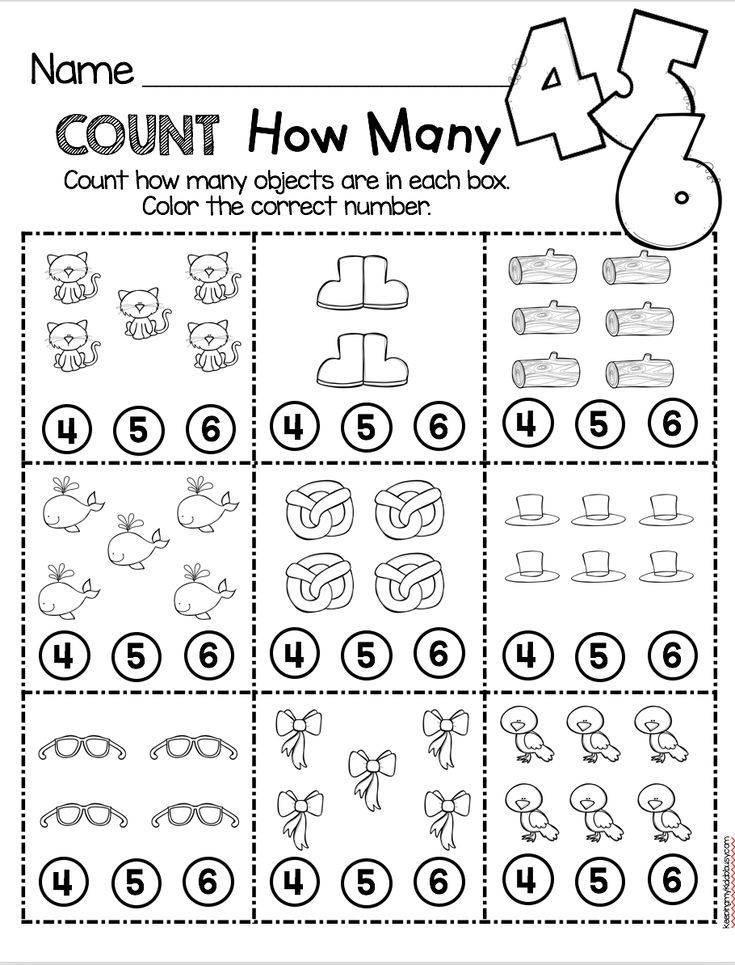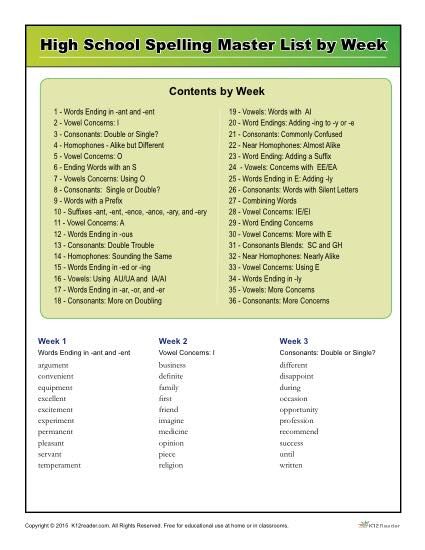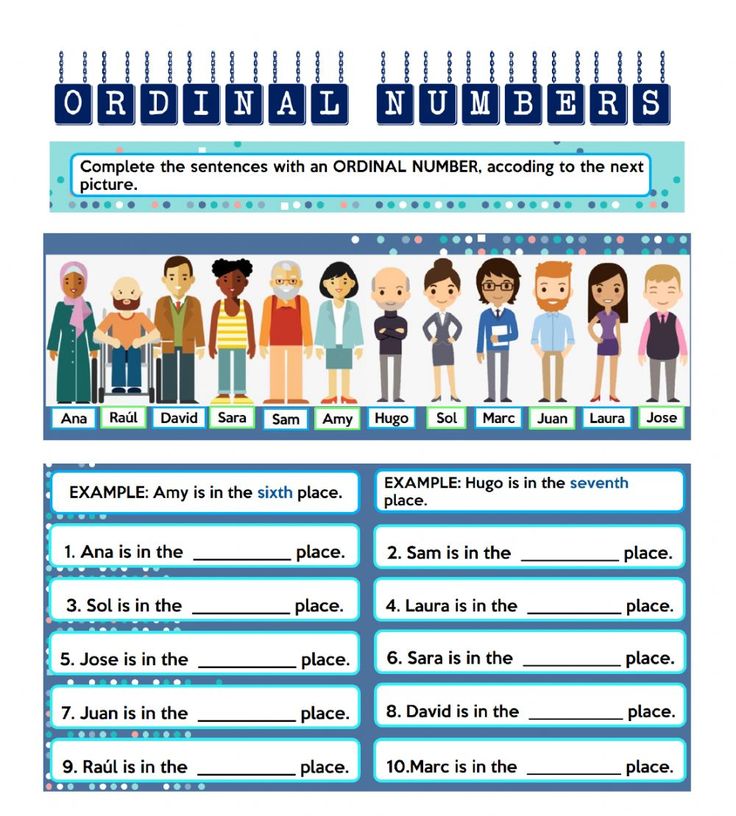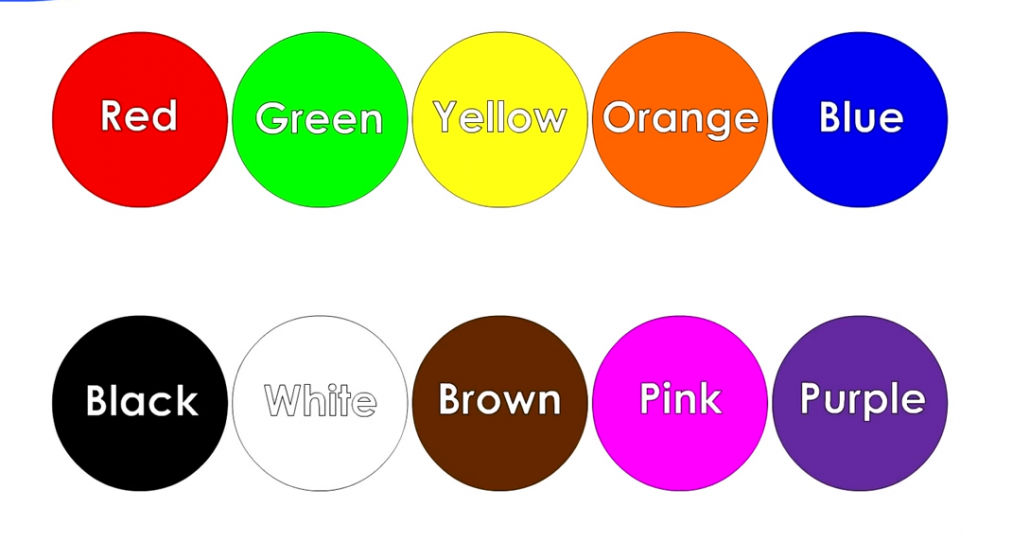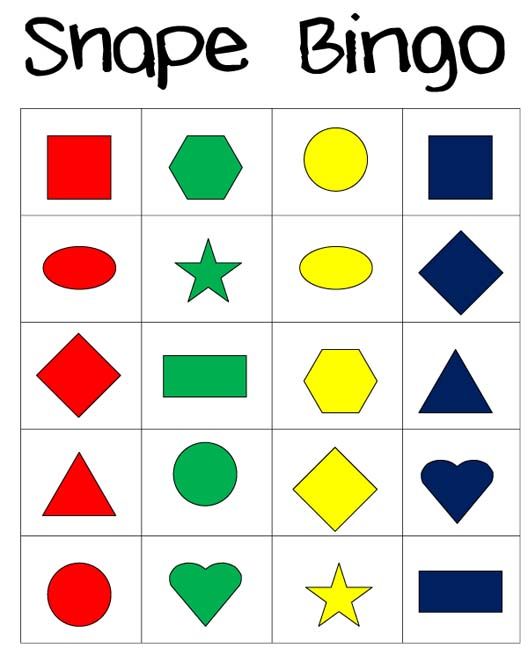Learn to sound out words
Helping Kids Sound out Words
I often receive emails asking how to help kids learn to sound out words. Many times, it’s because kids struggle to blend together the sounds in the word. For example, they may sound out the individual sounds in a word, like /l/ – /o/ – /g/ and then say something like, bat. Ugh. And this can be very frustrating for the adult and the child.
What can be done to help kids learn how to sound out words? Before we decide to beat our head against a wall, let’s explore some ideas together!
Before I get too far, I want to share just three warnings, if you please.
1. First and foremost, you want to make sure your child is developmentally ready to sound out words. This is key. If kids aren’t developmentally ready, sounding out words will be nothing but frustrating for your child and for you. I have a post called How You Know Your Child is Ready to Read and The Measured Mom also has a great list of ways to know when your child is even ready to sound out words.
2. Secondly, sounding out words isn’t the end-all-be-all for figuring out words. As kids progress in their word knowledge, we want them to use other strategies. Also, some words are not so easy to sound out and we’ll address those in a minute. But for the purpose of this article, we’re going to zone in on sounding out words.
3. Thirdly, sometimes you can try every trick in the book and your child still struggles to sound out words. Take a deep breath. Keep modeling. Keep playing with sounds. Keep teaching with a multi-sensory approach. Some children really struggle with sounding out words. Be patient and don’t compare your child to another child.
Helping Kids Sound Out Words
When your child/student struggles to sound out words, here are some tips to try. Remember to keep in your mind my three warnings mentioned above. If you haven’t read them, go back and do it!
1. Play with sounds in words. Even though kids may know their letter sounds, seeing the letters in print and attempting to make and blend the sounds all at the same time blows their mind. It can help to take a step back and remove the actual letters and just play with sounds, specifically blending sounds.
Even though kids may know their letter sounds, seeing the letters in print and attempting to make and blend the sounds all at the same time blows their mind. It can help to take a step back and remove the actual letters and just play with sounds, specifically blending sounds.
In my 7-day reading series, 3 Important Skills Needed for Reading, I address specifically how to do this by playing with rhyming words, playing with syllables, and playing with phonemes {the individual sounds in words.} For our purposes, phonemic blending and phonemic segmenting will be the most helpful for readers who are struggling to sound out words.
2. Get kids writing and spelling. As I mention in my post on invented spelling and in Teaching Kids to Spell, allowing kids to “sound out” their spellings can actually increase their awareness of sounds words.
For example, if your child wants to write the word hat, help her listen for each sound in the word by stretching the word out.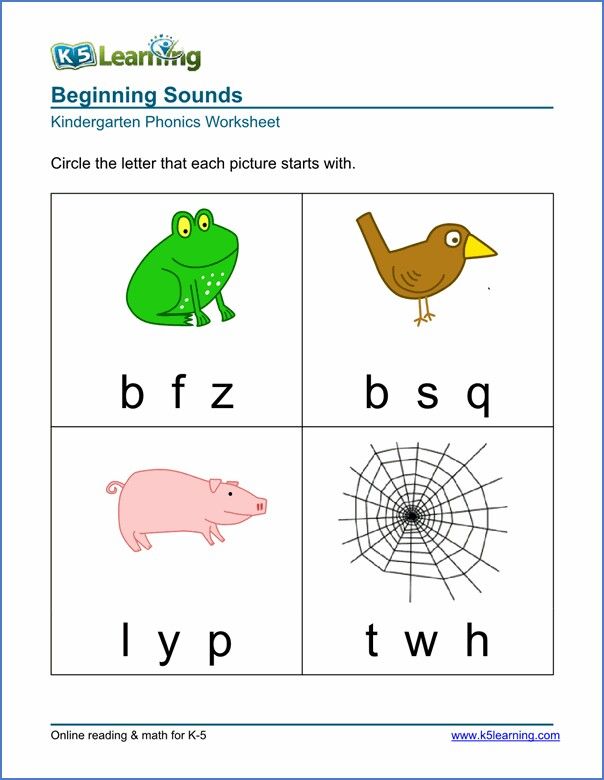 {This is called phonemic segmentation.} Then, after the word has been spelled, ask your child to read the word by blending the sounds back together again {phonemic blending.}
{This is called phonemic segmentation.} Then, after the word has been spelled, ask your child to read the word by blending the sounds back together again {phonemic blending.}
“I love you,” spelled independently by my 4 year old.
So often parents feel that kids shouldn’t spell words until they can spell the word correctly {as taught in some curricula}, but allowing kids to spell by sound can boost kids’ awareness of sounds in words which, in turn, can actually help them become better readers! {You can also read more about this in our 10 week Preschool and Kindergarten Writing Series.}
3. Start with sounds that can be prolonged. Letters don’t all make the same kinds of sounds. In other words, not all letter sounds were created equal {read more about letter sounds here}. Some letters are harder to blend than others. For example, trying stretching out the word pat (p–a–t). Now try stretching out mat (m–a–t). Can you hear how it could be easier to blend together mat than pat?
This is because letter sounds from letters like m, f, h, r, n, s, z and vowels can be stretched or prolonged, making it easier to blend them together. In other words, there’s no break of sound in between them. On the other hand, the letter sounds of c, d, t, and p do not continue their sounds. Try a few sounding out exercises with your child using real and/or silly words with these prolonged sounds like Sam, fan, zom, or nis. Say them slowly at first, then each time you sound them out, say the sounds closer and closer together.
In other words, there’s no break of sound in between them. On the other hand, the letter sounds of c, d, t, and p do not continue their sounds. Try a few sounding out exercises with your child using real and/or silly words with these prolonged sounds like Sam, fan, zom, or nis. Say them slowly at first, then each time you sound them out, say the sounds closer and closer together.
4. Use word families. Blending together two sounds can be much easier for some young readers than trying to blend together three sounds. We typically teach sounding out as three separate sounds {t-o-p}, but many readers will find blending together easier if we teach it like t-op, as explained in my word family post.
One of my favorite activities for young readers is to focus on ONE word family, such as -at. Help kids see how adding different sounds to the beginning of -at can make new words by letting them manipulate the letters.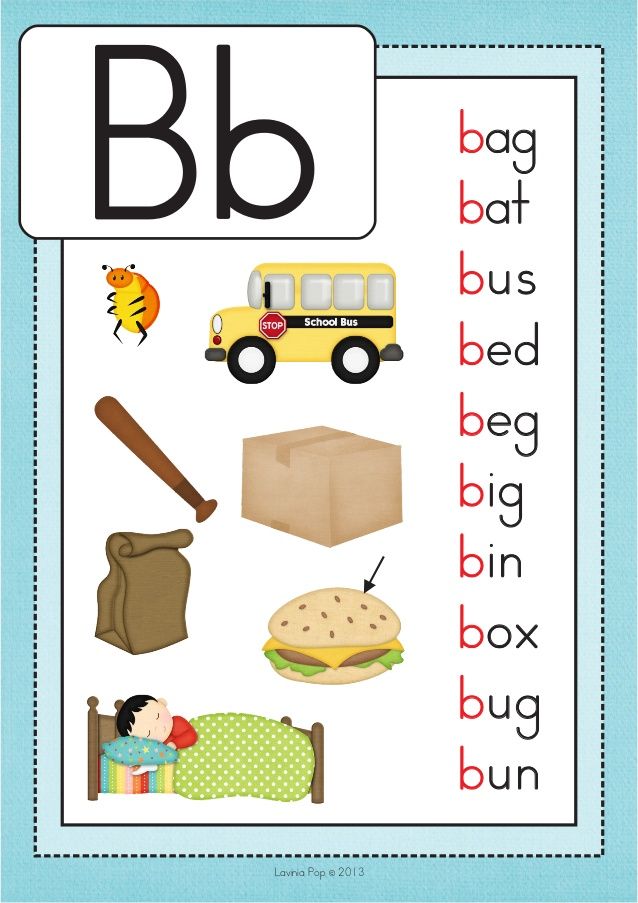
To see a few ideas, check out our –at post from Reading the Alphabet. You can also find more hands-on manipulatives for word families with our Flip-a-Word activity and our Dr. Seuss word family hats.
5. Not all words can or should be “sounded out.” I am referring mostly to sight words. And while I do believe that MOST sight words DO follow phonics “rules” and that learners can sound out sight words, learners may not be developmentally ready for all the “rules” that are needed to sound out some of the basic sight words.
For example, the word away is a sight word taught early to young readers because it appears frequently in the books they read. Away follows the schwa rule for unaccented syllables and the -ay long a pattern. Are Kindergartners ready to learn all the rules to help them sound out away? Probably not.
Instead of trying to cram a bunch of rules into their brains {and most of our frequently used “rules” are broken more than followed} to help them sound out these words, some words just need to be learned by sight.
More Tips and Activities for Readers:
Short Vowel Folable Sound it Out Strips
1-2-3 Flip It for CVC Words
Enjoy teaching!
~Becky
Want MORE Free Teaching Resources?
Join thousands of other subscribers to get hands-on activities and printables delivered right to your inbox!
How to Sound Out Words
(from The Teacher’s Guide: Third Grade to Adult Edition)
If a student encounters a word that he does not know how to decode, he must sound out the word. Sounding out a word refers to the process of decoding a word by identifying the sounds of each individual letter in the word and then blending those sounds together. A student sounds out a word when he does not know the identity of the word. There is a specific sequence of steps to follow when using this sounding-out procedure. When a student is sounding out a word, have him perform the following steps, and insist that this sequence of activities be systematically followed.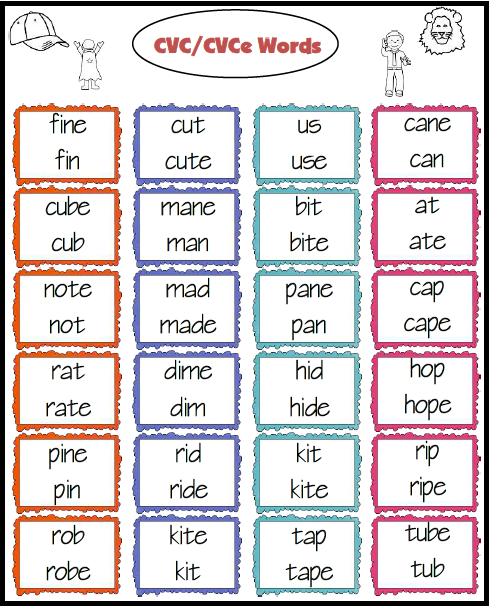
Procedure To Follow When Sounding Out an Unknown Word:
Step One: Always begin by identifying the vowel sound.
Step Two: After accurately identifying the vowel sound, identify the consonant sound that immediately follows the vowel sound.
Step Three: Blend together the vowel sound with the following consonant sound.
Step Four: If two consonants follow the vowel and do not join to together to form a consonant team, isolate the vowel sound and the first consonant that follows the vowel. Blend those two sounds together. Next isolate the sound of the second consonant following the vowel. Blend the sound of the vowel and the first consonant with the sound of the second consonant.
Step Five: After the vowel sound and all consonant sounds found after the vowel have been blended together, have the student identify the sound of the consonant letter that comes immediately before the vowel.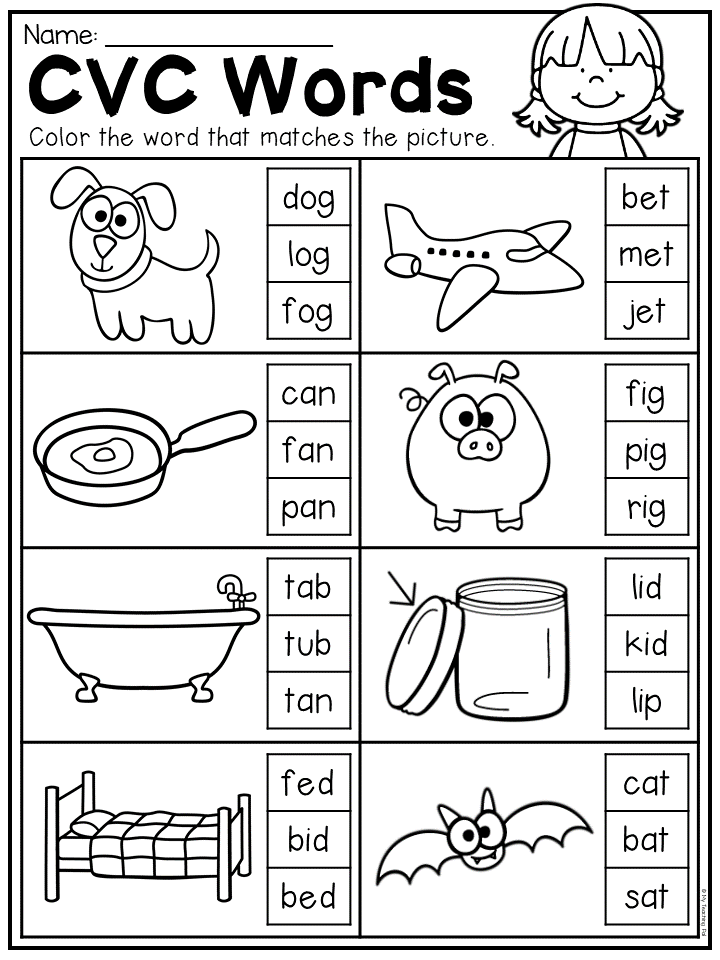
Step Six: Blend together the consonant sound with the sound of the vowel and the consonant letter or letters that come after the vowel.
Step Seven: If two or three consonant letters come before the vowel and do not join together to form a team, start with the consonant closest to the vowel. Identify that consonant’s sound and blend it with the sound of the vowel and the consonant letters that follow the vowel. Next isolate the sound of the next adjacent consonant letter. Blend that letter’s sound with the sound of the rest of the word that has already been decoded. If a third consonant occurs before the vowel, isolate that letter’s sound last and then blend its sound with the rest of the word.
Teach students always to begin sounding out one-syllable words by identifying the sound of the vowel within the syllable first.
Researchers have discovered that syllables can be subdivided into two component parts. Onsets are that part of the syllable that consist of whatever consonants occur before the vowel; rhymes are that part of the syllable containing the vowel and whatever consonants follow the vowel.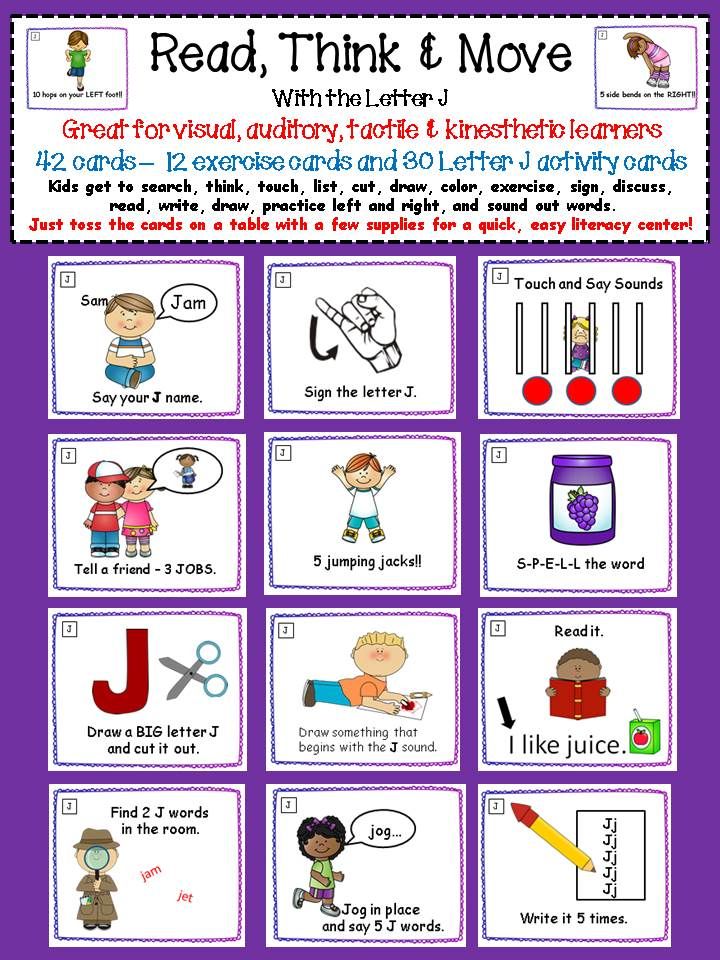 Researchers have further identified the fact that students are more easily able to decode a word by being taught to isolate the onsets and rhymes within words. Thus by teaching students to start the decoding process by isolating the sound of the vowel and any subsequent consonants which follow the vowel, you are in effect teaching students to subdivide a syllable into its most basic component parts.
Researchers have further identified the fact that students are more easily able to decode a word by being taught to isolate the onsets and rhymes within words. Thus by teaching students to start the decoding process by isolating the sound of the vowel and any subsequent consonants which follow the vowel, you are in effect teaching students to subdivide a syllable into its most basic component parts.
When sounding out a word, your student is being asked to perform two tasks simultaneously: 1) to associate a specific sound with a specific letter and 2) to blend smoothly one sound to another. Either of these two skills can individually be difficult for some. Blending for someone to whom this concept is foreign can be particularly challenging. However with persistence your student will learn to perform both of these skills automatically.
The Teacher’s Guide: Third Grade to Adult Edition
Continue to next page.
Return to At-Risk and Struggling Readers Home Page
5 simple rules on how to learn to speak beautifully
Contents of the article
Speaking beautifully means being able to clearly and clearly express your thoughts with the correct intonation, moderately emotionally, in order to convince a person of the correctness of your judgments.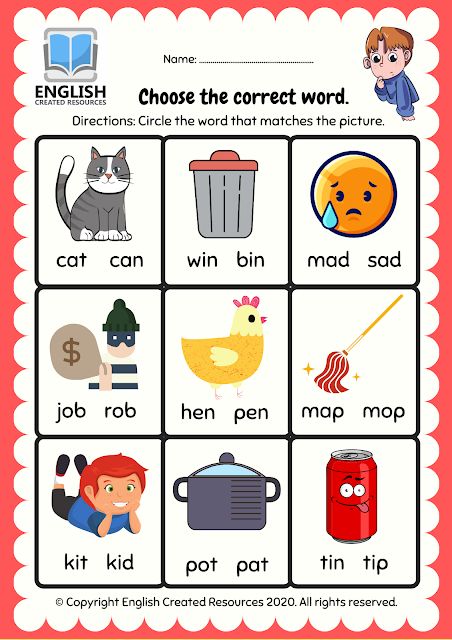 Some people naturally have these skills, but many still need to learn how to speak competently and beautifully. Specialists who master the art of eloquence negotiate better with people, feel more confident during negotiations, speeches, and move up the career ladder faster. We have prepared 5 simple tips from our free online course The Art of Speaking. Speech improvisation”, which will help develop eloquence skills.
Some people naturally have these skills, but many still need to learn how to speak competently and beautifully. Specialists who master the art of eloquence negotiate better with people, feel more confident during negotiations, speeches, and move up the career ladder faster. We have prepared 5 simple tips from our free online course The Art of Speaking. Speech improvisation”, which will help develop eloquence skills.
Record your speech on a voice recorder
Before you start learning, you need to understand what exactly you need to work on. To do this, record your telephone conversation with a loved one on a voice recorder. Then listen to the recording, paying attention to pauses, breathing, speech rate, parasitic words, sentence construction. Write down everything that you don't like about your speech and start to eliminate these shortcomings.
Work on the content and tempo of speech
Very often speech problems arise because a person speaks very quickly.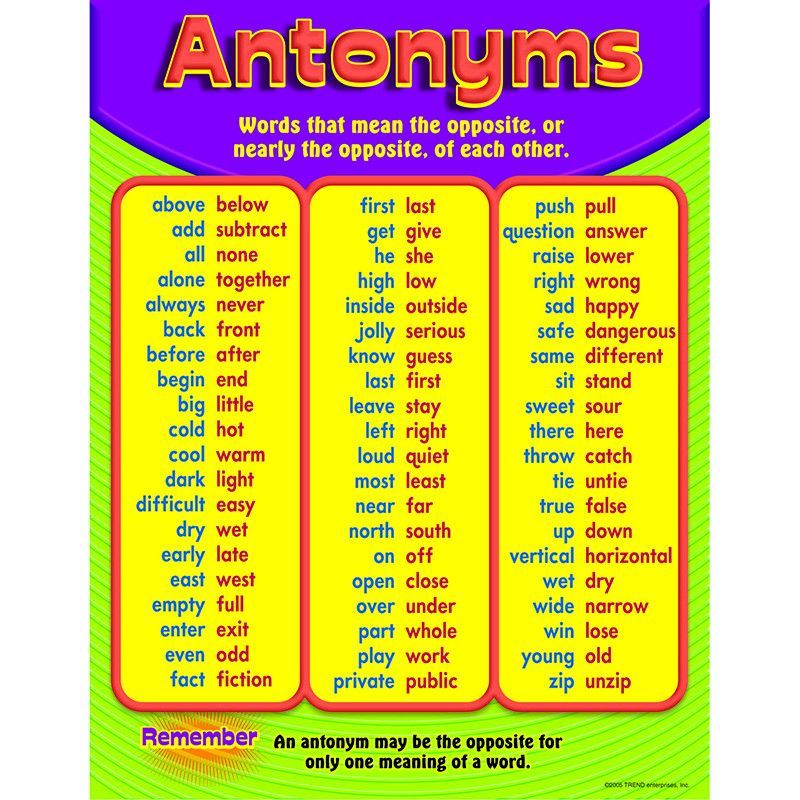 Sometimes a thought does not have time to form, and the word has already flown out. Yes, and listening to chattering speech is quite difficult. To slow down your pace of speech, you need to do an exercise every day: pronounce words slowly, for example, cities or names, recording yourself on a recorder at this time. Then repeat the same in reverse order. The next step is to listen to the text recorded at a fast pace and then repeat it slowly.
Sometimes a thought does not have time to form, and the word has already flown out. Yes, and listening to chattering speech is quite difficult. To slow down your pace of speech, you need to do an exercise every day: pronounce words slowly, for example, cities or names, recording yourself on a recorder at this time. Then repeat the same in reverse order. The next step is to listen to the text recorded at a fast pace and then repeat it slowly.
Develop your speech
In order to have a beautiful speech, and you feel confident in a conversation with any person, it is important to learn how to write sentences correctly and constantly replenish your vocabulary. When a person regularly builds incorrect sentences and uses the same words, his speech is perceived as meager and monotonous. In this case, start with a simple exercise: write down your thoughts in a notebook, quotes, interesting phrases. If you have to speak publicly, then draw up a speech plan and speak out separate theses.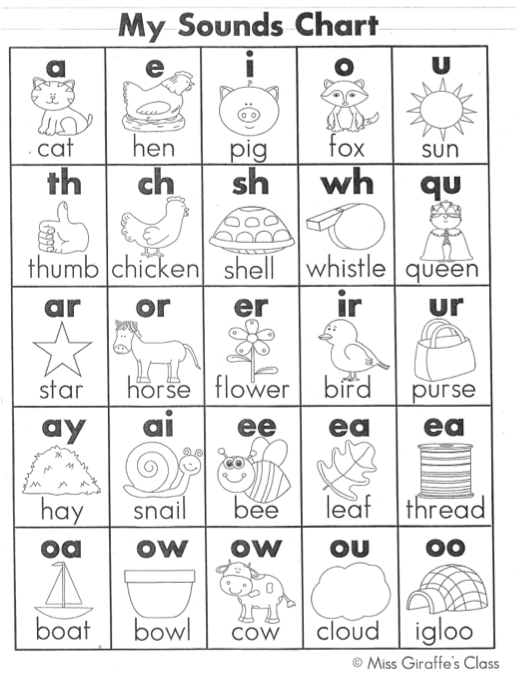 To develop vocabulary, you need to read a lot, pay attention to unfamiliar words and fix them, solve crossword puzzles, communicate with interesting people.
To develop vocabulary, you need to read a lot, pay attention to unfamiliar words and fix them, solve crossword puzzles, communicate with interesting people.
Get rid of parasitic words
Parasitic words are usually used to link words in sentences when it is difficult to continue a thought or find the right word. But they spoil speech very much and interfere with the perception of your thoughts. To get rid of these words, you need to fix exactly which words you often use in speech. Watch what you say. Ask people close to you to monitor your speech and point you out when you say parasitic words.
Describe objects
This is another exercise that will help you formulate your thoughts correctly and beautifully. You need to find any object in the room (clock, figurine, flowers) and start describing it for 5 minutes, choosing interesting words, phraseological units. Pay attention to how you build sentences and how fast you speak.
Learning to speak beautifully | Fox Power
3
minutes
Reads
Image: Daniela Jiménez / Dribbble
Teens
<
Record and analyze
You can record with a voice recorder or record video from a phone or laptop, the image here is not as important as the speech itself.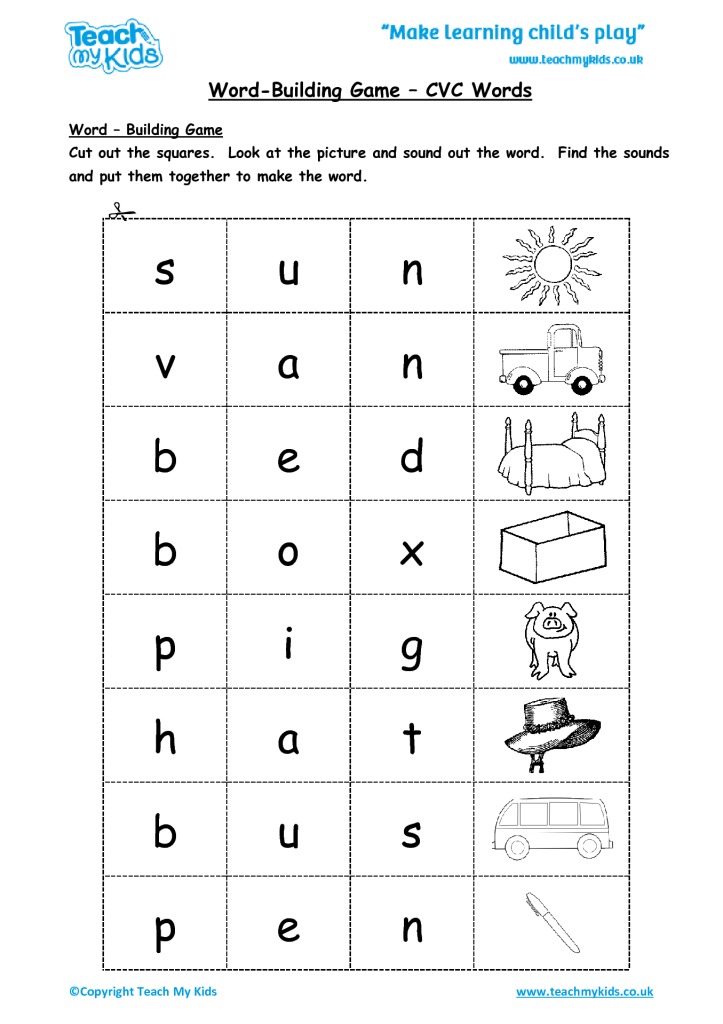 Tell a story from your life under the record, retell the content of your favorite book or movie. At the same time, speak as usual, do not try to specially decorate or improve your speech.
Tell a story from your life under the record, retell the content of your favorite book or movie. At the same time, speak as usual, do not try to specially decorate or improve your speech.
The main task at this stage is to identify the main shortcomings in your speech: poverty of vocabulary, stutters, pauses, incorrectly placed stresses, problems with diction, parasitic words, too fast or too slow pace of speech. Analyze the recording and determine what you will work on.
How to improve your vocabulary
- Start reading a thick novel, preferably one of the Russian classics of the 19th-20th centuries, but foreign authors will also do. Classical works are rich in vocabulary. By the way, this is a good reason to remember the school reading list for the summer, there will definitely be something suitable there.
- Install the Russian Explanatory Dictionary application on your phone and check the meaning of all the words you don't know.
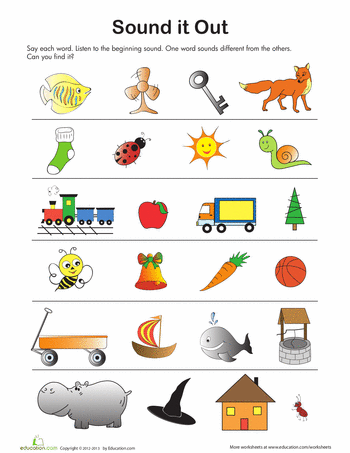
- Every day, enter one new word into active circulation. Assign a word in the morning and try to use it at least 10 times during the day. Of course, the use of the word must be precise and appropriate.
- Play word games. For example, make up stories using only verbs or only nouns. You can start by continuing the classic: “Night, street, lamp, pharmacy”, and then move on to original stories.
- Every day think of synonyms for any three words. Try to come up with as many options as possible.
How to get rid of pest words
- Write a list of your "favorite" pest words and start tracking their use. Catch as much speech garbage as possible.
- Assign a system of penalty points: uttered a parasitic word - received one penalty point.
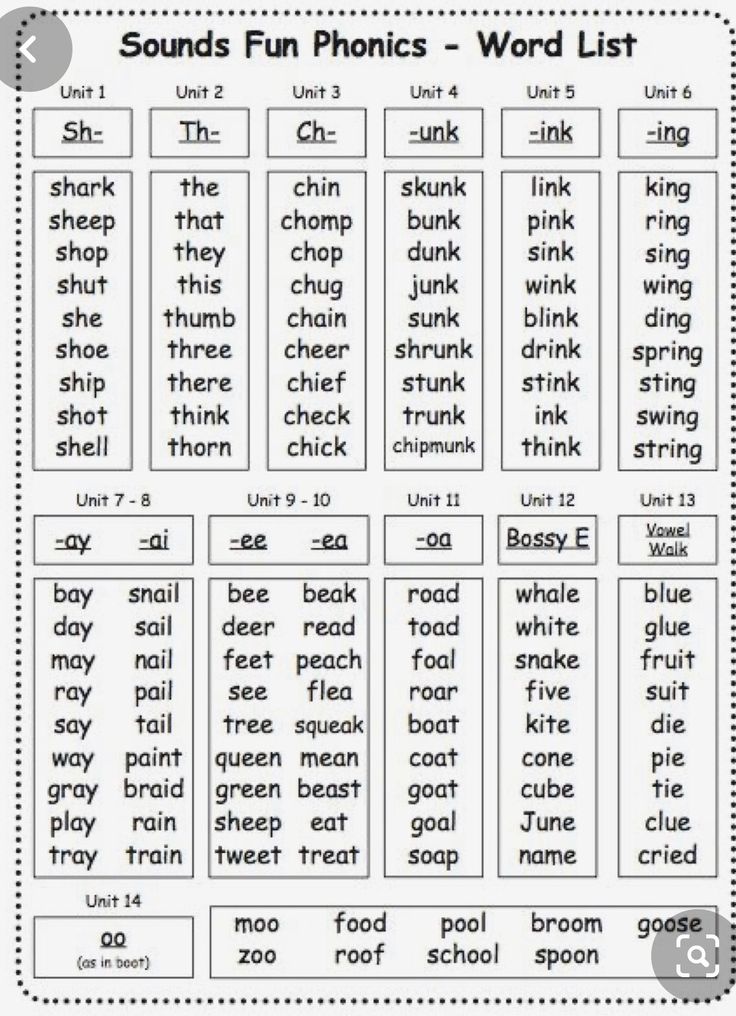 Scored more than 10 points in a day - doing something around the house, like washing dishes, cooking dinner, tidying up the room, or just an hour less playing games on the phone or using social networks.
Scored more than 10 points in a day - doing something around the house, like washing dishes, cooking dinner, tidying up the room, or just an hour less playing games on the phone or using social networks.
- Ask your friends and parents to pay attention to the parasites in your speech: “everything”, “like”, “uh-uh”, “shorter”, “well”.
How to improve speech Image: Daniela Jiménez / Dribbble
- hold the breath, then a long deep exhalation. Repeat the exercise for at least five minutes, and longer is better. With proper operation of the diaphragm, speech becomes smooth, the voice becomes calm and deep.
- Sing out loud. Firstly, singing also strengthens the diaphragm, and secondly, it helps to get rid of hesitation and stuttering. If you are embarrassed to sing, read long poems aloud.
- Learn one tongue twister a day.
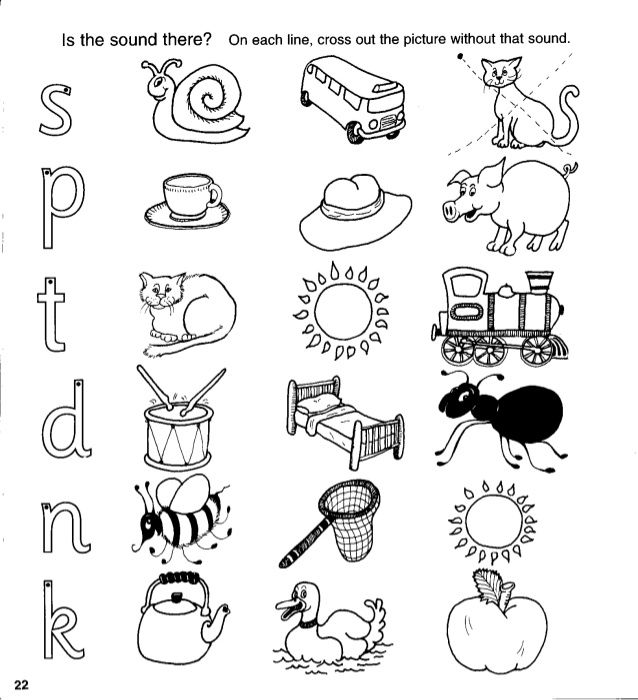 The more difficult it is for you, the more useful it is to repeat it over and over again. Tongue twisters help improve diction.
The more difficult it is for you, the more useful it is to repeat it over and over again. Tongue twisters help improve diction.
- Download the word stress app and learn the correct pronunciation of at least 3 words throughout the day. Knowing the stresses will not only help improve speech, but will also come in handy at the exam in the Russian language.
Why is this needed
🤓 You can easily answer at the blackboard. The number of hesitation and unnecessary pauses will decrease, the answers will become coherent and understandable for the listeners - of course, provided that you know the material.
😎 It will be easier for you to defend term papers, make oral presentations and presentations.
😏 You will learn how to use complex words appropriately and avoid speech errors.
🤐 You will no longer be afraid to speak in public. Most often, fear arises due to poor command of the technique of speech, lack of vocabulary and inability to express themselves coherently.
🙄 You have every chance of becoming the best speaker in your class. This means that you will be more likely to be invited to all school and district events, and this is a great opportunity to show yourself and gain a good reputation among teachers.
I accept the terms of the agreement and privacy policyDone!
Download here
Get the guide
Oh! Something went wrong. Try again
Holidays are the time to improve the skills that you don't have enough time and energy to improve during school hours. For example, to replenish vocabulary and learn to speak smoothly and without hesitation. We will tell you how to quickly master this skill.
Start
How many fingers do the fish have in the aquarium?
Five
One
I have no fish
Next question
How many fingers do the fish have in the aquarium?
Five
One
I have no fish
Next question
How many fingers do the fish have in the aquarium?
Five
One
I have no fish
Next question
How many fingers do the fish have in the aquarium?
Five
One
I have no fish
Next question
How many fingers do the fish have in the aquarium?
Five
One
I have no fish
Next question
Congratulations!
You sweaty harry, wait for a letter to stemguards!
Number of correct answers 0
Dumbledore's exclusive photo shoot for playboy magazine on this link
Congratulations!
You are a little smarter than a cutlet and it helped you pass the test!
Number of correct answers 0
on this link cutlets gather in a circle creating birdhouses
Newsletter with the best
articles.

